Question And Answer
Publications
Articles, publications, books, tools and multimedia features from the U.S. Institute of Peace provide the latest news, analysis, research findings, practitioner guides and reports, all related to the conflict zones and issues that are at the center of the Institute’s work to prevent and reduce violent conflict.
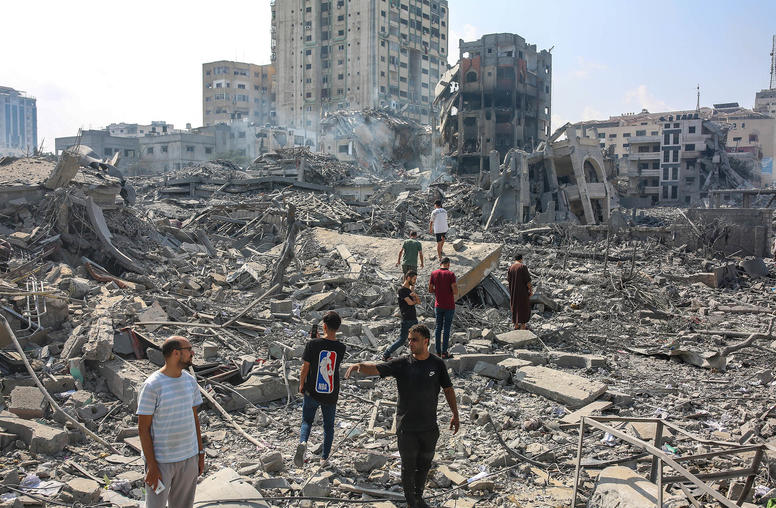
Plan for Gaza’s Future Highlights the Challenges That Lie Ahead
The document that Israeli Prime Minister Benjamin Netanyahu presented to his security cabinet for discussion on February 22 may be his first formal articulation of a postwar plan for Gaza, but is largely a compilation of views that have been expressed publicly over the past few months. Accordingly, it offers few surprises, but could deepen tensions between Israel on one side and the United States and regional stakeholders on the other.

Donald Jensen on the War in Ukraine’s Second Anniversary
Two years on, Russia’s full-scale invasion of Ukraine has turned into a grinding and costly territorial battle. And with so many major strategic questions left unanswered, “predicting [the conflict] going one way or the other is extremely difficult,” says USIP’s Donald Jensen. “A lot depends on what happens outside the battlefield.”
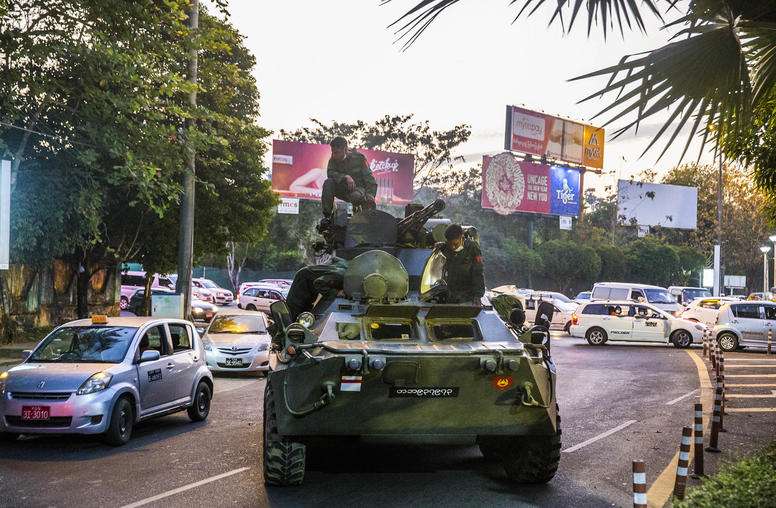
Myanmar’s Fateful Conscription Law
Earlier this month, Myanmar’s ruling junta enacted a compulsory conscription law that had been dormant since 2010. General Guan Maw, a leader of the Kachin Independence Organization, greeted the junta's decision by comparing it to the 2021 military coup: "If February 1, 2021, was the beginning of the end, the law enforced on February 10, 2024, can be said to mark the end of the end.” As popular reactions to the new conscription plan roll out across the country, General Guan Maw’s pronouncement becomes increasingly prescient.
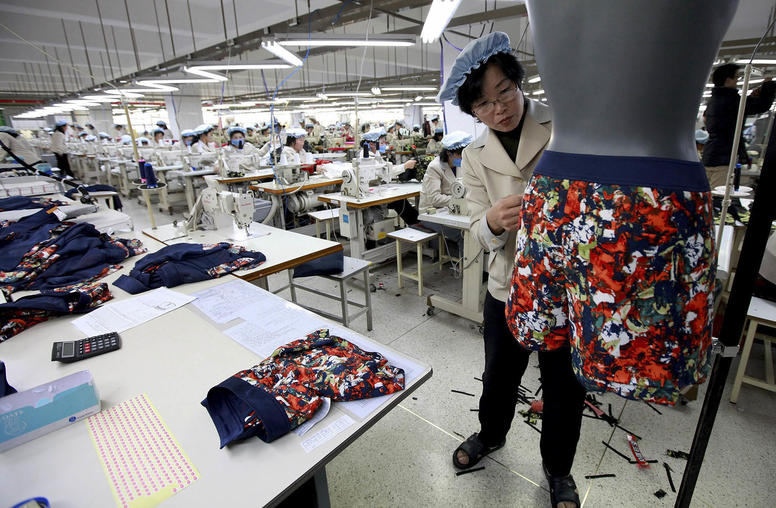
A Framework for Meaningful Economic Engagement with North Korea
North Korea has faced enormous challenges in providing health and food security for its population since its economic collapse and famine of the 1990s. A principal reason was prioritizing state security in the military-first policy under Kim Jong Il and later advancing nuclear and missile programs under Kim Jong Un. Self-reliance ideology was another important factor. In addition, the unresolved Korean War and underlying North Korean perceptions of U.S. and international hostility cast a cold shadow over diplomatic and economic cooperation.
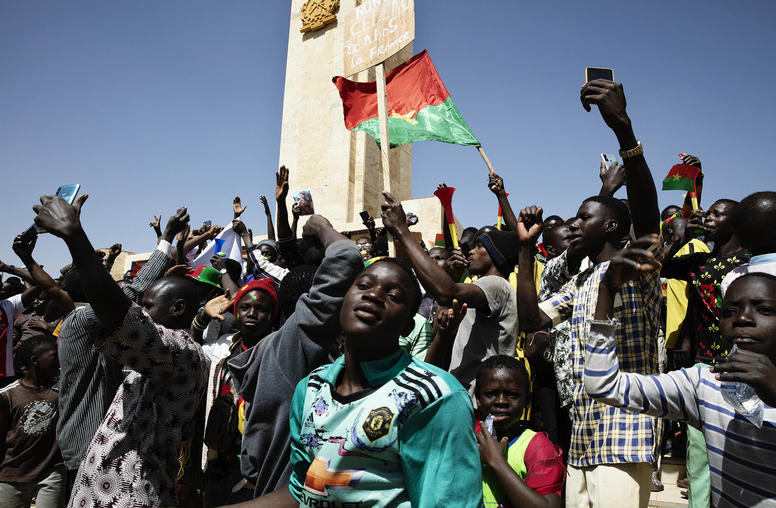
For Peace in Sahel, African and U.S. Experts Urge Focused Partnership
The past month has sharpened a decade-old question for U.S. and international policymakers: How best, in 2024, to help stabilize what is now the world’s largest single zone of military rule and violent conflicts — Africa’s Sahel region? After three military-ruled Sahel states withdrew from the West African regional community in January, those juntas last week proclaimed an alliance aimed at resisting international pressures, including those for their return to elected civilian rule. Former U.S. and African officials yesterday urged what they called vital changes in U.S. and allied policies to prevent a dangerous spread of the Sahel’s crises.
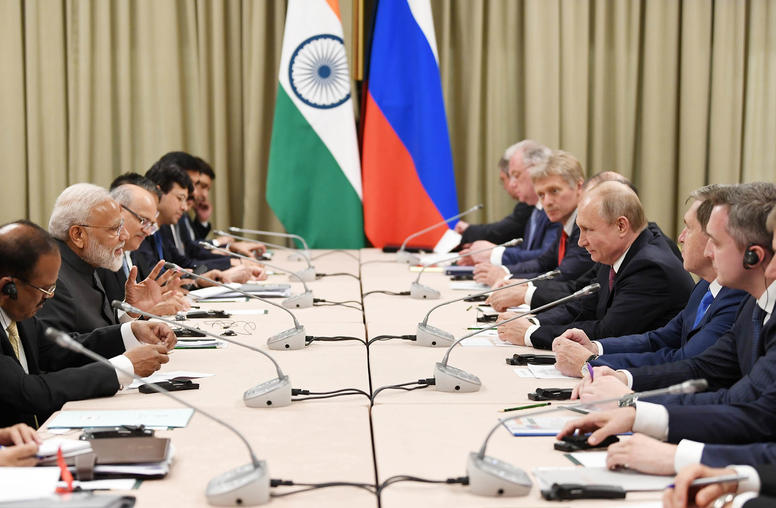
The Limitations of India and Russia’s Transactional Relationship
Since Russia’s unprovoked invasion of Ukraine in February 2022, it might seem as though ties between India and Russia have strengthened. While much of the West isolated Russia, India-Russia energy trade spiked, and India made efforts to accommodate Russia on the world stage. The two countries have also had visible public exchanges, such as a mid-January phone call between Indian Prime Minister Narendra Modi and Russian President Vladimir Putin and Indian External Affairs Minister S. Jaishankar’s trip to Moscow at the end of 2023.
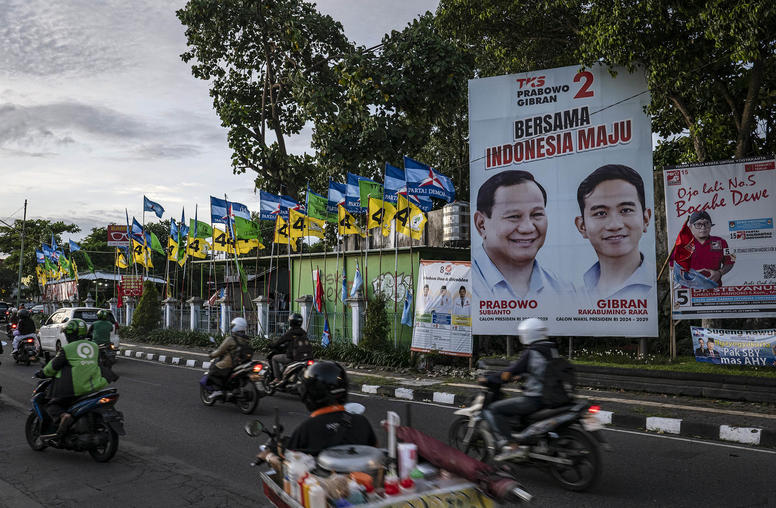
How Might Prabowo Navigate Conflict, Competition as Indonesia’s President?
Indonesia’s defense minister, Prabowo Subianto, is set to become the next president of the world’s fourth-largest country and third-largest democracy. Prabowo will take the reins of power at a tense moment for regional and global security and as president will have to contend with a persistent, low-grade conflict in West Papua. Continuity will likely hold sway as prevailing winds in Indonesia’s foreign policy chart a well-worn course for navigating geopolitical competition and global conflicts, this time with what appears to be a willing captain at the helm.

Thomas Sheehy on U.S. Investment in Africa’s Critical Minerals Infrastructure
Everything from the economy to national security depends on critical minerals like cobalt — which has prompted immense U.S. investment in Africa’s mining infrastructure, says USIP’s Thomas Sheehy: “Africa is seen as a continent where we can start to very slowly move away from our overdependence on China for critical minerals.”

As Fragile Kashmir Cease-Fire Turns Three, Here’s How to Keep it Alive
At midnight on the night of February 24-25, 2021, India and Pakistan reinstated a cease-fire that covered their security forces operating “along the Line of Control (LOC) and all other sectors” in Kashmir, the disputed territory that has been at the center of the India-Pakistan conflict since 1947. While the third anniversary of that agreement is a notable landmark in the history of India-Pakistan cease-fires, the 2021 cease-fire is fragile and needs bolstering to be maintained.
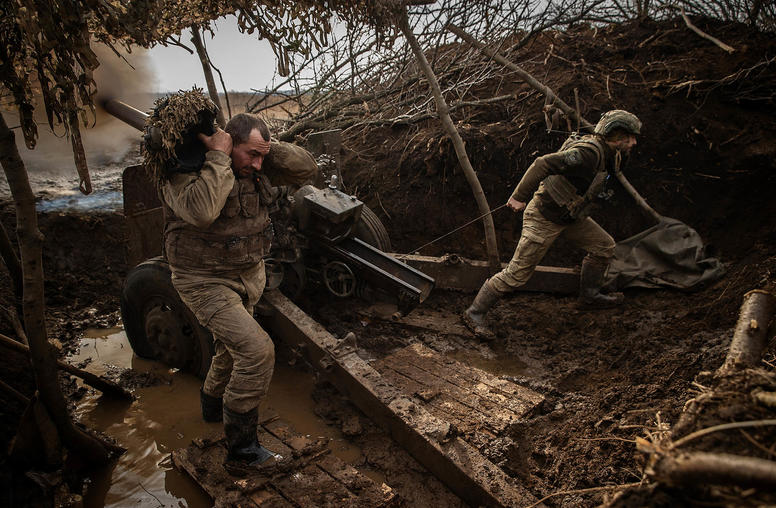
In Search of a Formula for Lasting Peace in Ukraine
As the war in Ukraine grinds to a stalemate, it is critical to begin building the peace and security frameworks that will establish a just and lasting peace for Ukraine and deter future Russian aggression. This includes building institutions that provide security guarantees for Kyiv.